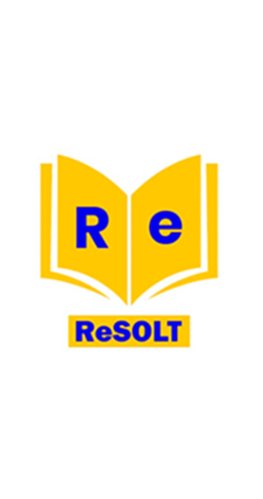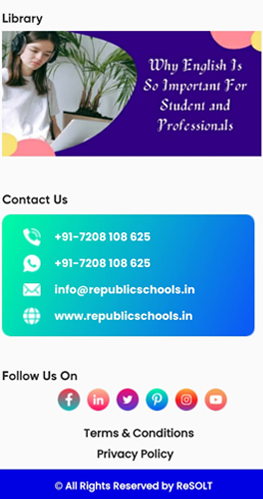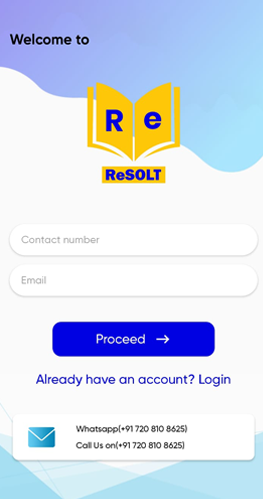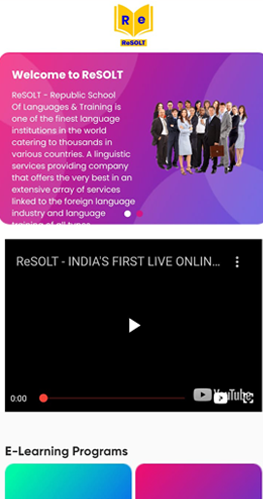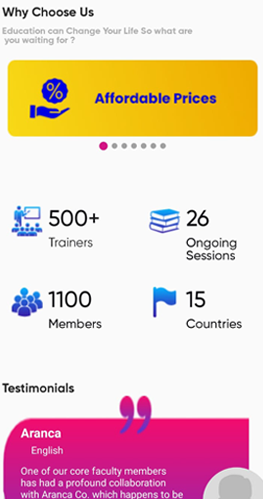Learning Korean is an exciting and rewarding journey that opens doors to a rich cultural heritage, new opportunities, and meaningful connections. Whether you’re interested in Korean pop culture, planning to travel to South Korea, or expanding your language skills, embarking on the journey to learn Korean is a fulfilling experience. This comprehensive guide for beginners will provide you with essential information, resources, and tips to kickstart your Korean learning journey and achieve proficiency in this beautiful language.
Why Learn Korean?
Korean is spoken by millions of people worldwide, primarily in South Korea, North Korea, and Korean diaspora communities. Here are some compelling reasons to learn Korean:
Rich Cultural Experience: Learning Korean allows you to immerse yourself in Korean culture, including traditions, music, cuisine, and literature. It enhances your appreciation and understanding of this vibrant and diverse culture.
Global Opportunities: Proficiency in Korean opens up opportunities for travel, work, and study in South Korea, a country known for its technological advancements, economic growth, and cultural influence.
Career Advantages: Knowledge of Korean can give you a competitive edge in various industries such as business, technology, tourism, and education. It broadens your career prospects and enhances your marketability in the global job market.
Personal Growth: Learning a new language like Korean boosts cognitive skills, improves memory, enhances multitasking abilities, and promotes cultural empathy. It contributes to personal growth and lifelong learning.
Getting Started with Korean
Before diving into learning Korean, it’s essential to familiarize yourself with the Korean alphabet, known as Hangul. Hangul is a phonetic script consisting of 24 letters, including 14 consonants and 10 vowels. Mastering Hangul is the foundation for learning Korean pronunciation and reading skills.
Essential Language Learning Resources
1. Online Korean Courses: Platforms like ReSOLT offer interactive Korean courses in Mumbai or Korean classes in Mumbai suitable for beginners. These courses cover vocabulary, grammar, speaking, listening, and writing skills.
2. Textbooks and Workbooks: Korean language textbooks like “Korean Made Simple” by Billy Go and “Integrated Korean” series are excellent resources for structured learning. Workbooks complement textbooks with exercises, quizzes, and writing practice.
3. Online Tutors: Hiring an online Korean tutor through platforms like iTalki or Preply allows for personalized lessons, feedback, and conversation practice with native speakers.
Key Language Learning Strategies
Consistent Practice: Dedicate regular time each day to practice Korean, whether it’s studying vocabulary, practicing dialogues, or listening to Korean media.
Immersive Learning: Surround yourself with Korean language and culture by watching Korean dramas, listening to K-pop, reading Korean books, and interacting with native speakers.
Use Language Tools: Utilize online dictionaries, language exchange apps, flashcards, and grammar guides to reinforce your learning and overcome challenges.
Practice Speaking: Practice speaking Korean aloud, even if it’s just repeating phrases or sentences from lessons. Focus on pronunciation, intonation, and fluency.
Essential Korean Language Skills
Listening Comprehension: Improve your listening skills by listening to Korean podcasts, music, news, and watching Korean TV shows or movies with subtitles.
Speaking Practice: Engage in speaking practice through language exchange partners, online tutors, or language meetups. Focus on everyday conversations, pronunciation, and expressing ideas fluently.
Reading Proficiency: Enhance your reading skills by reading Korean texts, articles, children’s books, and practicing reading aloud to improve comprehension and pronunciation.
Writing Skills: Practice writing Korean characters (Hangul) and forming sentences. Start with basic writing exercises and gradually progress to more complex writing tasks.
Tips for Success
Set Goals: Define your learning goals, whether it’s achieving conversational fluency, passing language proficiency exams, or using Korean for specific purposes like travel or work.
Stay Motivated: Stay motivated by setting milestones, celebrating progress, staying consistent in your practice, and exploring topics that interest you in Korean.
Seek Feedback: Request feedback from tutors, language partners, or native speakers to identify areas for improvement and refine your language skills.
Practice Patience: Learning a new language takes time, effort, and patience. Embrace challenges, learn from mistakes, and maintain a positive attitude towards your learning journey.
Conclusion
Learning Korean is an enriching and fulfilling experience that opens doors to new opportunities, cultural understanding, and personal growth. By following this guide, enrolling Korean institute in Mumbai, utilizing language learning resources, adopting effective strategies, and staying motivated, you can achieve proficiency in Korean and embark on a journey of language and cultural exploration. Embrace the challenge, enjoy the process, and celebrate your progress as you learn Korean and connect with the vibrant Korean-speaking community around the world.














